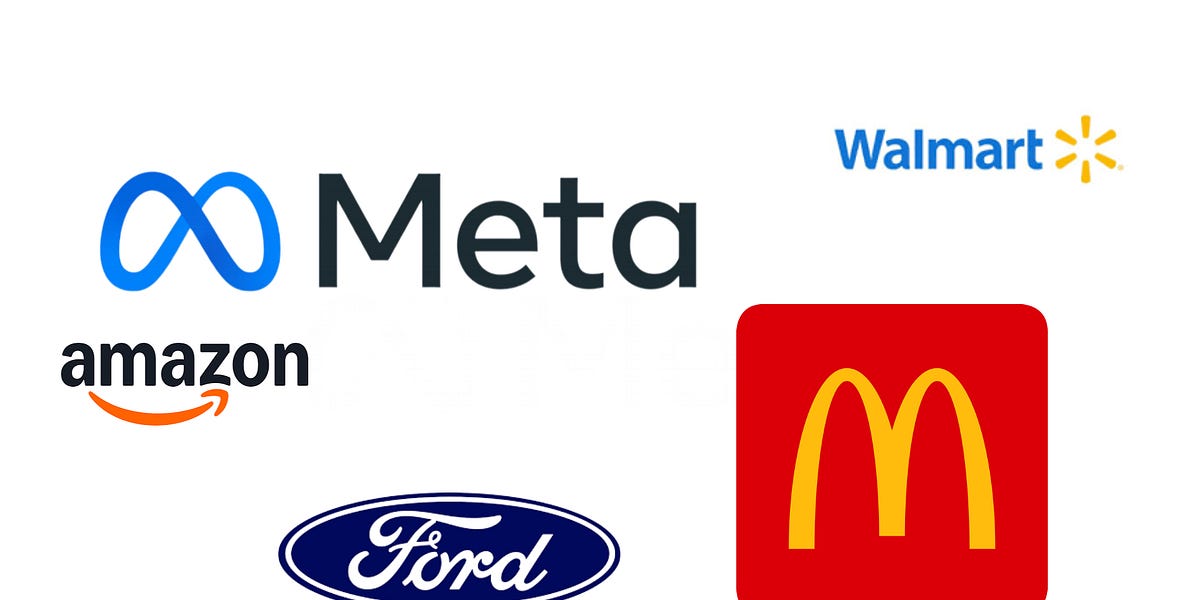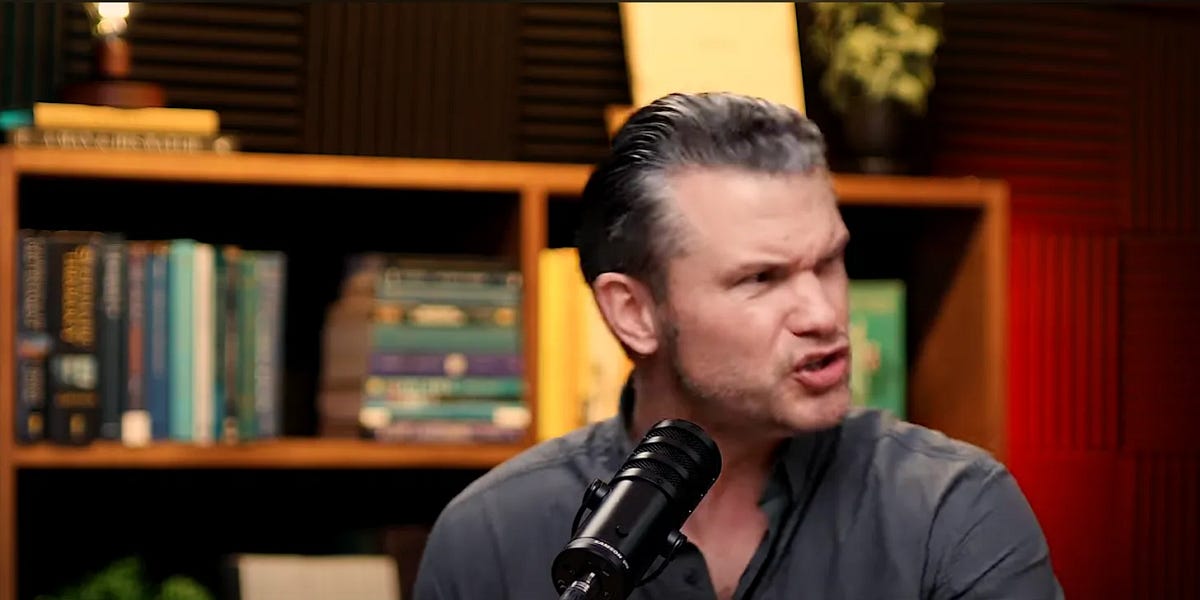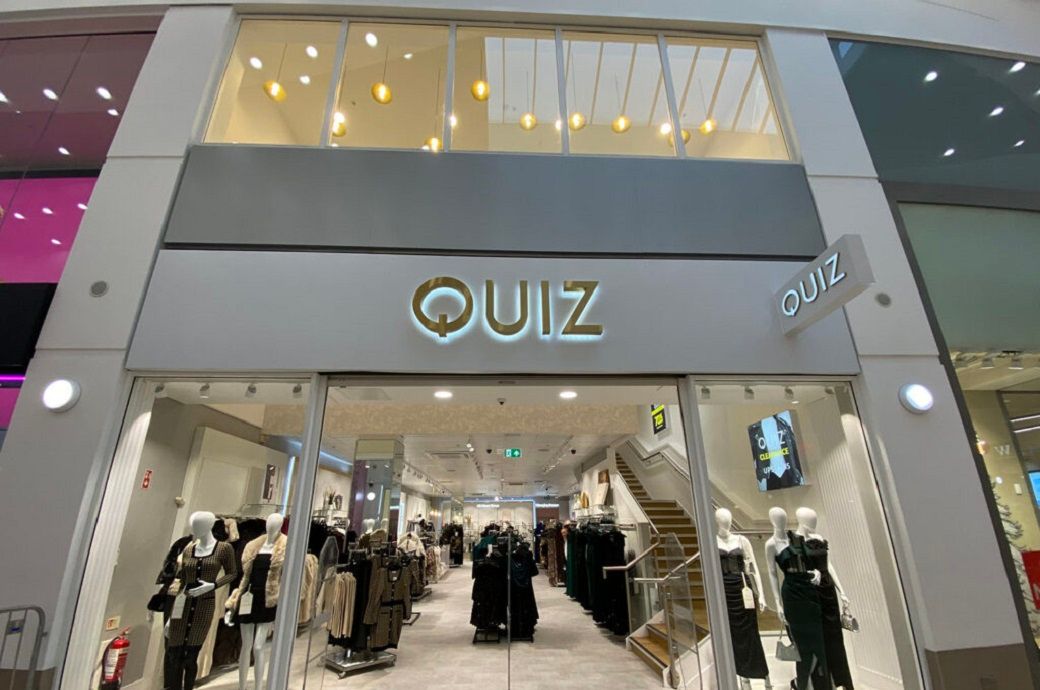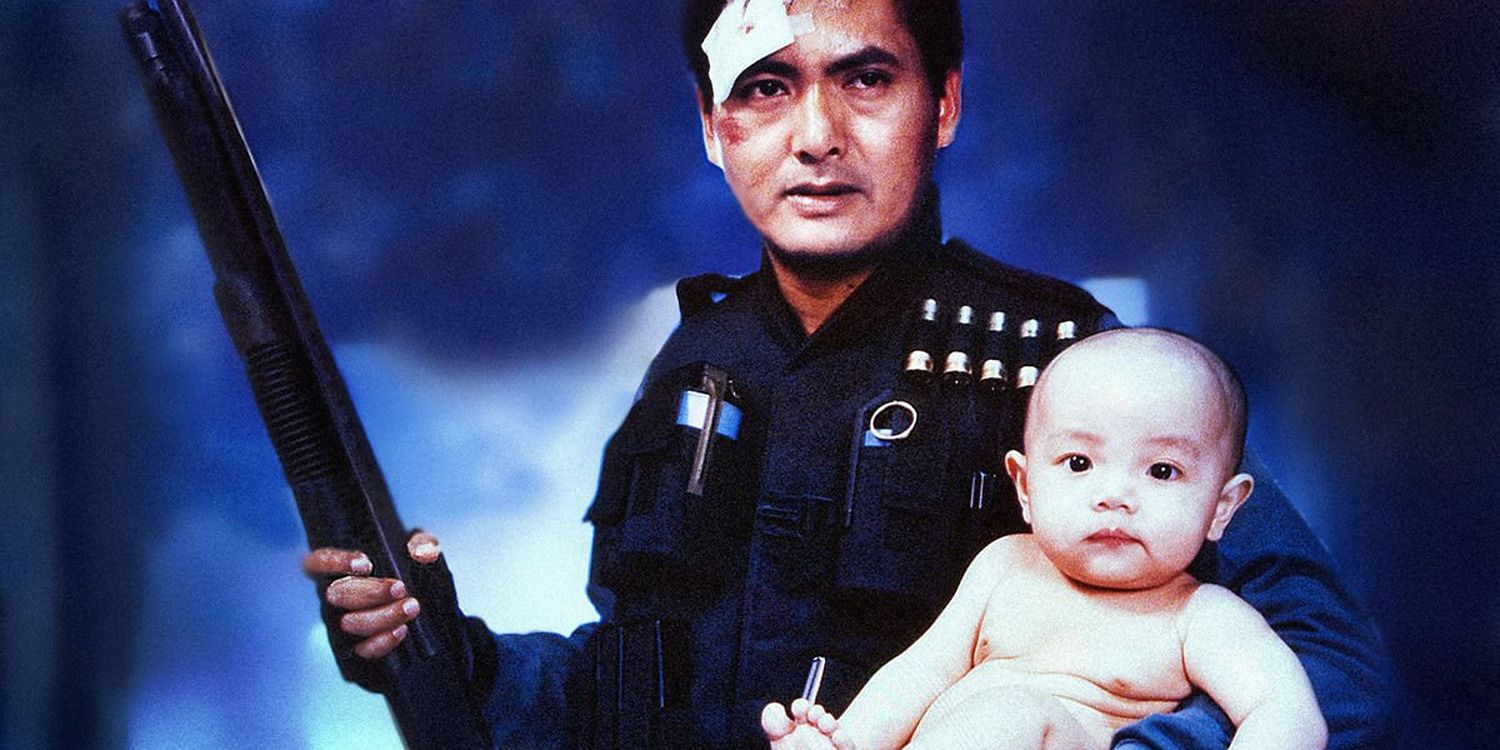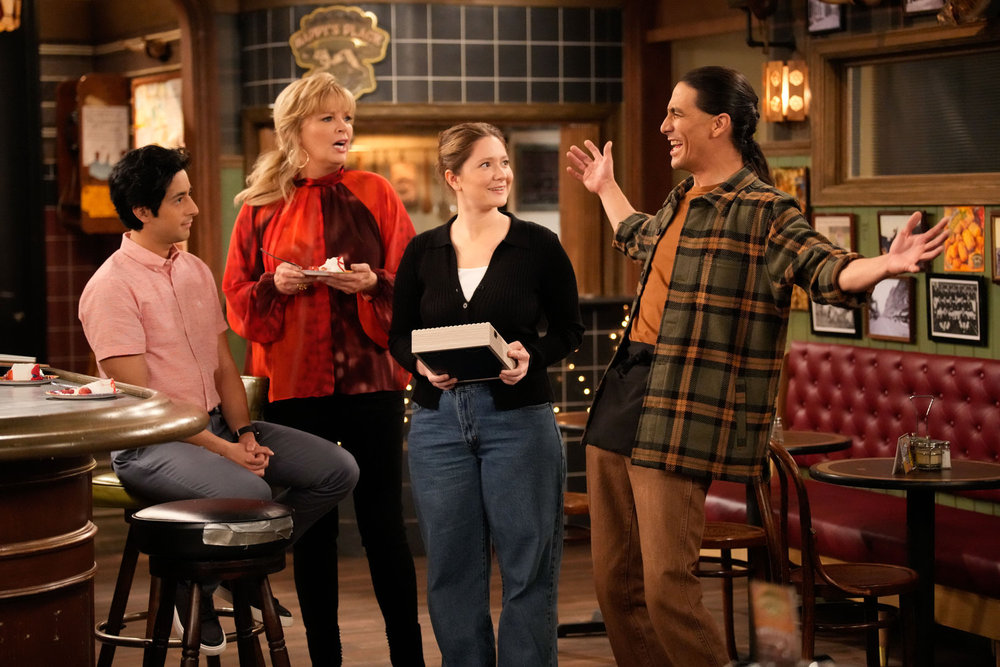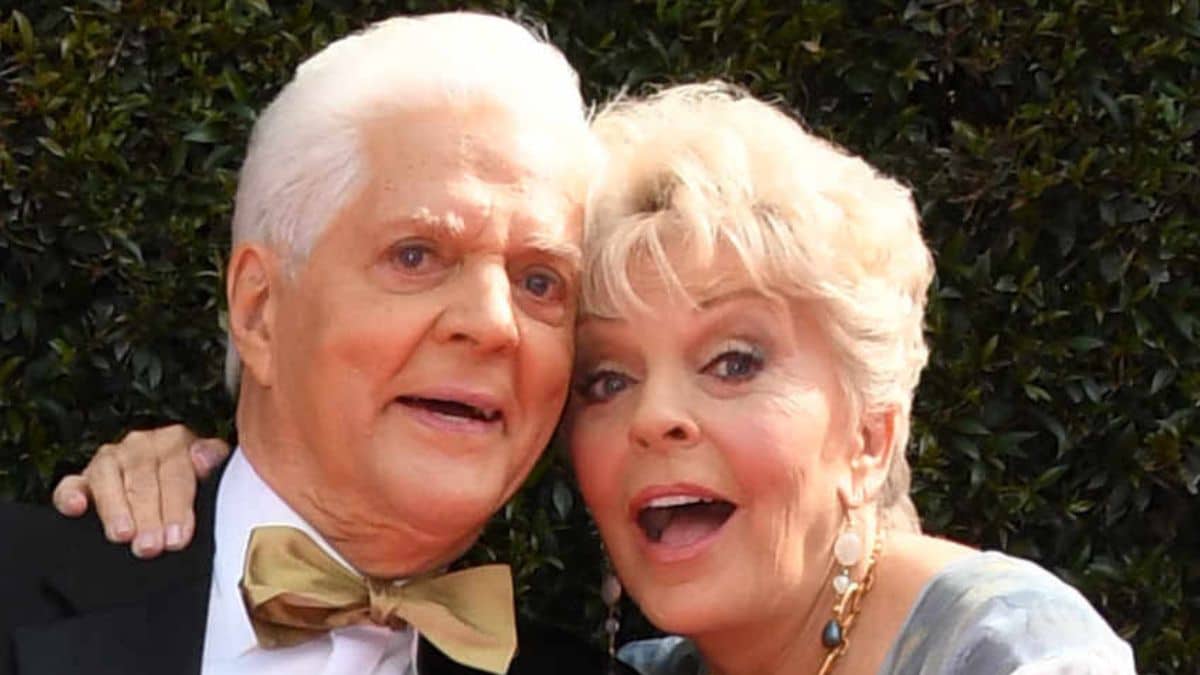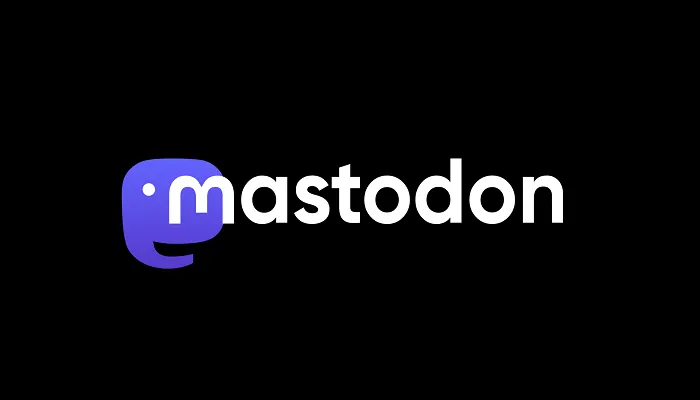
ABC News may win some kind of prize for the blandest headline possible about the online shitstorm that continues to rage over last week’s killing of a health insurance CEO. The network summed up the discourse thusly: “UnitedHealthcare CEO’s murder sparks widespread criticism of US health care industry.”
Why, yes, it certainly did that, as some news stories inevitably focus the national attention for a few minutes, usually with a very large amount of noise mixed in with the signal. The last time I can recall this much attention being paid to what passes for a “system” of healthcare in the US was in 2017, when Republicans came within a single vote of erasing Obamacare. (Donald Trump now insists he actually “salvaged” the Affordable Care Act, because he is the worst liar everywhere.)
Not too surprisingly, the suspect in the murder of Brian Thompson turned out not to be a working class hero but a rich guy whose social media feed was more in line with tech bros than with activists like Ady Barkan, who became a hero in 2017 when he had a chance encounter on an airliner with then-Sen. Jeff Flake (R-Arizona) and tried to persuade Flake to oppose Trump’s tax cuts, which threatened to trigger massive cuts to healthcare programs and disability coverage that allowed Barkan to live at home with his wife and kids.
Barkan went on to advocate for Medicare for All, which had its moments in the run-up to the 2020 election. Barkan died last year, and the idea of universal healthcare was largely missing from the 2024 presidential campaign, mostly because Trump was back to calling for repealing Obamacare and replacing it with a concept of a plan that would actually be the pre-ACA mess we used to have, putting healthcare advocates on defense instead of calling for greater reform.
Now we’re talking about universal healthcare again, because a rich guy suffering from chronic pain allegedly (but totally) murdered an insurance CEO. In the latest weird wrinkle, we learned late this week that the suspected killer never had an insurance policy with UnitedHealthcare.
That detail probably doesn’t matter much in the popular mythology of the murder as an act of revenge against a broken dehumanizing healthcare system. The companies that deny people the care they need don’t see us as individuals, after all, so one CEO may have been as good a target as any other.
That ABC News headline certainly got one thing right: Following the murder, we’re talking about healthcare again, especially as Donald Trump seems bent on bringing even more chaos to American health policy, turning federal healthcare agencies over to a bunch of kooks and grifters who give Snake Oil a bad name.
In the Washington Post Friday (gift link), columnist Catherine Rampell condemned the treatment of the shooter as a folk hero or Robin Hood figure but rather said he’s a symptom of a very broken America, where “public bloodlust for destruction and retribution” has overwhelmed our politics to the point where instead of leadership (of any kind) a lot of us crave “antiheroes who want to burn everything down — figuratively or literally.”
Americans are furious at not only the health-care system but also all of corporate America. Much of their resentment is understandable. U.S. health care has long been expensive, even for those with insurance, and health outcomes are mediocre relative to our costs.
And yes, Rampell does at least tag Donald Trump as the worst embodiment of that desire to just blow it all up, before settling back in for some harrumphing at people on the Left who she says mistakenly blame systemic problems on evil corporate actors driven by greed. Hell, she even has a point, kinda-sorta:
High housing prices, they allege, are driven by a few evil “corporate” investors, not insufficient housing supply and zoning restrictions, complex problems that require complex solutions. High gas prices are likewise the fault of “profiteering” oil corporations, not supply disruptions or producers’ wariness from a recent market crash. Expensive health care is the fault of a few covetous insurance villains rather than a system that encourages administrative waste and enables providers to charge the highest prices in the world.
And sure, those are all complex, systemic problems that won’t be solved by shooting corporate executives. That said, it is also an evil goddamned system with plenty of evil fuckers looking to make it even worse, all for the sake of profit, and some very evil fuckers coming to operate the government for them in January.
And yes, yes, not only is murder wrong, it’s also not terribly effective at addressing systemic problems. What’s more, it invites backlash on a massive scale from the people who have police power.
Oh look here is an example: A Lakeland, Florida, woman was arrested this week and charged with making threats against her insurance company, after she invoked Thompson’s accused killer during a phone call to BlueCrossBlueShield, which had recently denied several insurance claims. Speaking to a customer service rep, Briana Boston, 42, said “Delay, Deny, Depose. You people are next.”
In a police affidavit, an officer wrote that Ms. Boston apologized for the words, and told him that “she used those words because it’s what is in the news right now.” She also said she doesn’t own any firearms and wasn’t a danger to anyone.
Boston also told the cop that “the healthcare companies played games and deserved karma from the world because they are evil,” a sentiment that distills the anger that’s driving the discourse around the shooting.
A judge approved holding Boston on a $100,000 bond, explaining, “I do find that the bond of $100,000 is appropriate considering the status of our country at this point.” And there we are: Boston shouldn’t have threatened an operator who probably has shitty insurance too (if any), but slapping her with excessive bail is exactly the kind of overreaction we’d also expect from an authority figure.
I keep thinking back to our discussion last year of Kim Stanley Robinson’s 2020 climate novel The Ministry for the Future, in which terrorism (knocking scores of jets out of the air with drone attacks, killing thousands) and stealthy assassinations of oil executives play a role in forcing the world to stop using fossil fuels. It struck me as one of the least likely plot devices in the book, and not only because the fictional terrorists seemed unrealistically super-powered. It just seemed to me that in our world, the reaction wouldn’t be a shutdown of commercial aviation and a turn away from fossil fuels, but a GW Bush-style war on climate terror, with attendant surveillance and overpolicing.
I’m glad we’re talking about healthcare again. But let’s keep the talk on healthcare, on the overwhelming cruelty of our system, and how we can start to fix it, because if all we do is argue about whether murder of corporate evildoers is justified, nothing will actually be accomplished on healthcare.
[ABC News / Gizmodo / NBC News / WaPo (gift link)]
Yr Wonkette is funded entirely by reader donations. If you can, please become a paid subscriber, or if a one-time donation works better for you, use this button to shoot us some money. Wait, SEND us some money.











